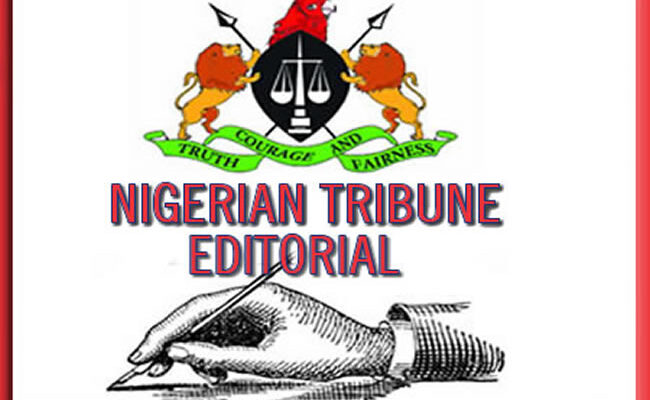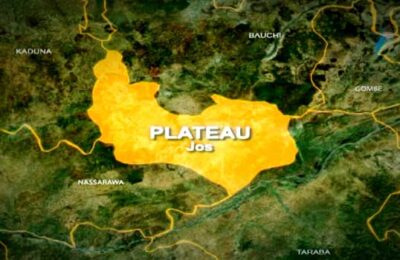LAST week, a media report showed the unenviable international status of the Nigerian passport. According to the Henley Passport Index which ranks passports according to the number of countries their holders can access visa-free or with a visa-on-arrival programme based on data from the International Air Transport Association (IATA), the Nigerian passport fell by 38 places in a global passport ranking in the last 17 years between 2006 and 2022. Although, according to the report, the Nigerian passport gained 11 more destinations, it fell from 62nd in 2006 to 100th in 2022, showing a steady fall in strength amongst the 199 countries and 227 travel destinations studied. While the Nigerian passport now grants visa-free or visa-on-arrival access to 46 countries, it is still a fact that Nigerians cannot access over 181 travel destinations without a visa, visa-on-arrival or e-visa arrangement.
It is indeed quite interesting that in spite of its unenviable international position, the Nigerian passport is hard to obtain. The ugly spectre of Nigerians being subjected to harrowing experiences before being issued their own country’s passport is routine, even if it has to be admitted that there have been minor improvements in recent times. To be sure, strong economies tend to produce strong passports. If a country has political stability and stokes desire in the citizens of other countries to visit it for leisure and business, such factors cannot but reflect on the international status of its passport. If things are not okay in Nigeria, just how can the Nigerian passport fare well internationally? It is not hard to see that the poor rating of the Nigerian passport is a reflection of Nigeria’s place in the world.

The data shows a fall or improvement in ranking based on a number of factors, including a country’s efforts to strengthen its diplomatic relations with other countries and its efforts to modernise its visa processes and improve security measures at its borders. These are areas in which Nigeria continues to perform abysmally. Not even the most generous and congenial observer would fail to notice the utter chaos at Nigeria’s borders. If Nigeria wants respect for its passport, it must address the concerns that Nigerians and nationals of other countries have expressed time and again.
The latest evaluation of the strength of the Nigerian passport in the comity of passports is certainly not surprising given that the value of a country’s passport is dependent on and closely related to the strength and capacity of its economy and how functionally the society operates, including whether it is able to attract visits and valuable economic interactions with other countries and their citizens. However, with insecurity overwhelming Nigeria, with the country being rated as the poverty capital of the world and with Nigerians experiencing utter deterioration in their living conditions, what real value is to be attached to the country and its passport?
If the value of a country’s passport is a reflection of the realities of the country in terms of development and functionality, then the Nigerian government must recognise that the precipitate fall in the value of the Nigerian passport is a mirror of Nigeria’s dwindling fortunes. If anything, it signals that the less than stellar performance of the present government does have real implications for the stature and standing of the country, beyond the obvious negative impact on the life of Nigerians. That being the case, the ball is in the court of the government to up its game and attempt to put the country on a positive path. Besides, Nigerians themselves must seize the opportunity of this year’s general election to elect capable hands that will change the fortunes of the country. That, of course, depends on a real desire to have a worthwhile and valuable national passport.







